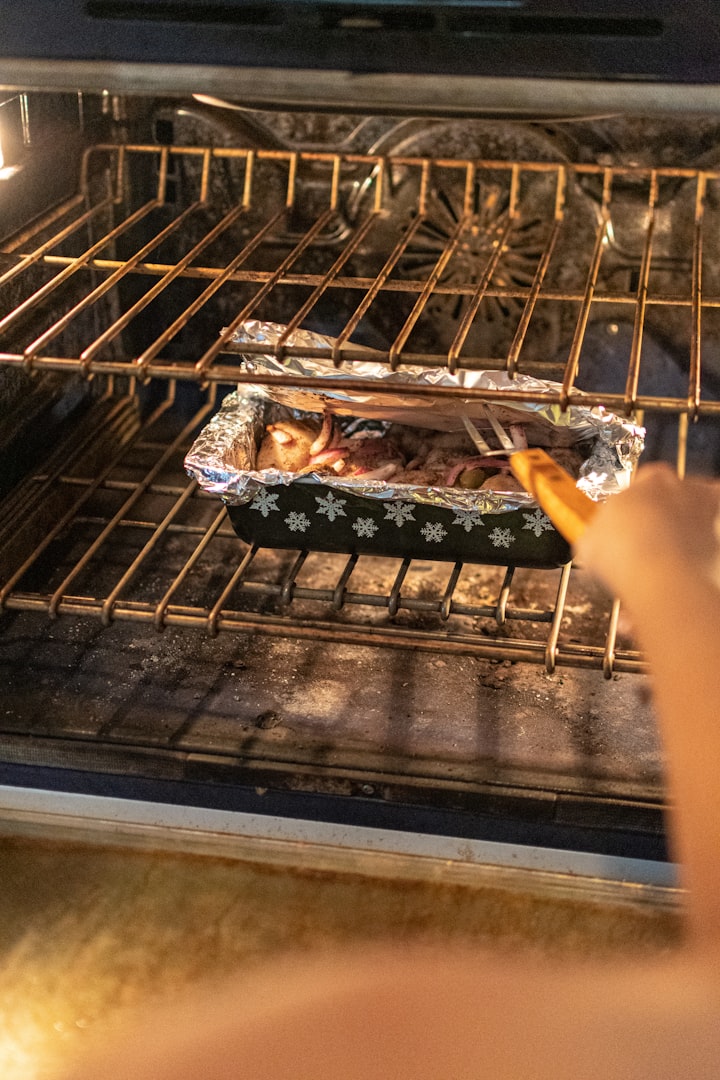
To be honest, I’ve experienced quite a bit of cruelty in my life, particularly my upbringing. To provide you general context, I attended school (more like competing) in an upper class district while I regularly went days without food. Less than 2 months after I turned 18, my family was finally arrested on pimping and trafficking charges. So it goes without saying that when you grow up in a cut throat environment as a child, whether socially ostracized in a wealthy community you don’t belong in, or tossed around as a punching bag between relatives for money, you seldom experience acts of kindness. Where I come from, acts of kindness are either to belittle others, or leveraged as a favor to collect later (like tax breaks).
Granted, my family’s Machiavellism is considered exceptional, even among the elites. For example, even providing basic food and shelter to their own child wasn’t without contingencies and mockery. My family would gleefully compare me to a beggar they were helping after leaving me days without food. Even asking for a car ride would result in a beating. To them, I was an investment due to a few exceptional talents and attributes they wanted to capitalize on later, including my conventional looks. They were going to invest the bare minimum; just barely enough to keep me alive. To the tight knit community, my abuse was nothing but an inconvenience threatening the community’s pristine reputation. Best to sweep it under the rug.
We were all just chess pieces.
If it weren’t for my lucky encounters with a handful of exceptions to this community’s rule, I probably wouldn’t have seen the world any other way myself. It wasn’t until I was already (albeit very young) adult did I realize genuine acts of kindness sometimes required swallowing your own pride for someone else. Too often are Faustian deals disguised as acts of kindness; stripping someone of either their dignity, or their resources.
I was pretty young when I learned to make as few of these deals as possible. I got myself to school in the mornings on my own since I was in kindergarten. Independence and competence weren’t optional; it was necessary. As such, I was one of the only kids to actually help PTA clean up after class parties. Parents remarked how mature and helpful I was for my age. I was determined not to give anyone anymore ammunition to use against me. My family’s reputation fueled most of the gossip among parents and staff. They tried to be discreet, but children aren’t as unaware as adults think.
Even whispers can be deafening.
So I was about 14 when I became best friends with *Rhiannon. She was raised by her grandmother who doubled as the parental figure in her life. Like me, her birth parents were unfit to care for her. Unlike me, they had enough sense (or morals) to let her be raised by a decent human being. So by proxy, her grandmother became one of the very few adults I allowed into my life. Coincidentally, she’s also one of the very few people I’ve accepted help from; only because she cleverly tricked me into it. I’m sure it’s one of the few cases when manipulation was used for good.
Unapparent to me, but obvious to any functioning adult, I was struggling to survive. By high school, whenever their criminal opportunities called them out of state, my family would abandon me on my own for months at a time. I preferred it that way anyway; going without food everyday was reasonable if I didn’t have to get beaten everyday. I didn’t mention much of it to others. I was well dressed, well mannered, and well read. In my teenage mind, I thought I hid it so well.
But someone noticed anyway.
It never occurred to me when Rhiannon started asking me to hang out after school that it was all part of her grandmother’s plan to make sure I was eating. It must’ve been similar to coaxing a wild cat. I’d refused any beverage they offered, and I was afraid of touching anything except the seat I was sitting on. It was awkward being welcomed.
So it began with cookies. One day, there were several batches of freshly baked cookies sitting on the kitchen counter. Her distraught grandmother insisted I eat some because she accidentally made way too many. Next time, it was cupcakes.
Then as our hangouts grew consistent, her grandmother’s measuring capabilities apparently worsened. Like clockwork, between 5-6pm, she would call Rhiannon into the living room. Rhiannon would pop back into the room 5 minutes later, and ask me as a favor to stay for dinner. Her grandmother accidentally made way too much food again. She argued that if I didn’t, they would have to throw it away. Naturally, I came up with excuses of having food in the fridge at home. Not to be deterred, she eventually broke me down by having Rhiannon “secretly” tell me she was depressed because nobody ever eats her cooking anymore.
Who could refuse a sweet grandmother who wanted nothing except for you to try her food? What else did she have to live for? Was I going to just let them throw away perfectly good food?
I chuckle at the memory now.
She was one of the very few adults who cared about me as a child. I still remember her protesting whenever I tried to do the dishes afterwards. She would remember I didn’t like beans, and go out of her way to put a different vegetable than Rhiannon’s. I was confused why my preferences mattered at all. But she was clever in always having an excuse ready for why the tea I liked was in the fridge, or why Rhiannon had an extra ticket to an event, or whatever it was that I would’ve otherwise declined.
You never expect anything from anyone when you’ve experienced human cruelty the way I did; never mind someone tricking you into letting them take care of you. It was always the other way around. But she turned the tables, allowing me to keep my dignity when all other adults in my life robbed me of it. The food she made is long gone, but it’s her kindness that I’ll carry for the rest of my life. During those years, she would mention that I reminded her a lot of her younger self. Perhaps it’s why she could easily predict and work around my emotional responses before I was old enough to understand. It deeply humbled me that she swallowed her pride so I could keep mine. People will give up money and time, but most people won't sacrifice their pride for someone else. My well being was truly the priority, and not a burden for her. I didn’t even figure it out until she had passed away years later.
And it was a chain of simple acts, like her making that extra plate for me at dinner, that helped me develop a different set of values from my family’s. People remember intentions more than the acts themselves. For that, I’m entirely grateful I had the good fortune of meeting the exceptional few, like her, that I did. Whether as kids or as adults, we ultimately lead the world by the examples we set ourselves. As I’ve reached adulthood, I’ve found myself buying full, hot meals for people down on their luck whenever I can afford it.
And when they thank me a little too hard, I find myself thanking them for helping me.
I accidentally ordered too much food.





Comments
There are no comments for this story
Be the first to respond and start the conversation.